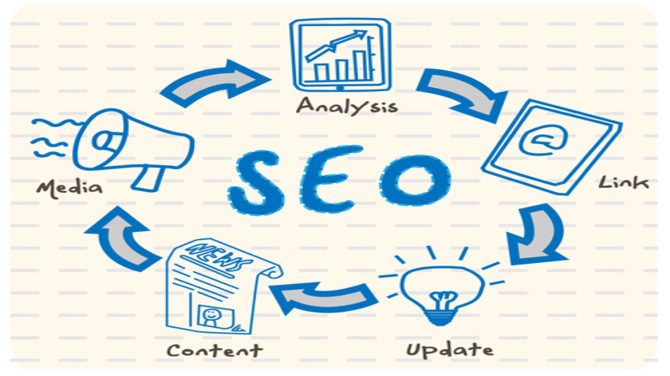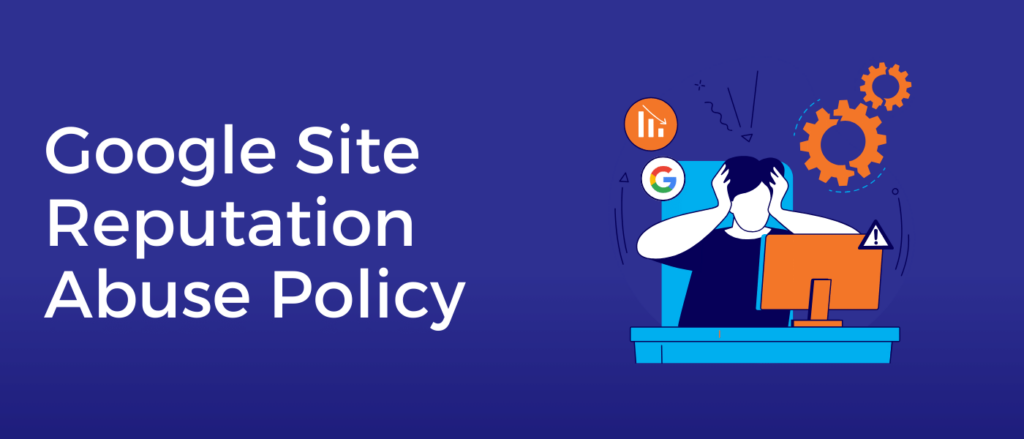
If you can believe it, we’re now well over halfway through 2021. It’s been a big year in digital marketing and SEO, with Google introducing a raft of changes that have impacted the way companies do business online.
As always, keeping up with these changes can be challenging, particularly for those who are not particularly SEO-literate. Fortunately, Newpath Web has done the hard work for you. As a leading SEO company in Melbourne, our team of trained SEO experts are constantly watching for changes in the search engine optimisation industry. We recognise that SEO is an ever-changing game and strive to anticipate where Google might next be headed.
Looking back on the year so far, we’ve put together a list of the main SEO changes that 2021 has seen. Ultimately, it is our clients who benefit from the fact that we constantly keep our finger on the pulse. If you’d like to know more about our services or how we can help your business make an impact online, contact the team at Newpath Web today.
But for now, on with the topic at hand!
Google updates
It’s no secret that Google is constantly making tweaks to their algorithms. This approach is what allows them to dominate the search engine industry, with an estimated 92 percent of the market share. Google themselves track trends closely to see how users are interacting with their product and what changes they can make to provide a better overall experience.
Google admits to making algorithm changes on a daily basis. According to the search engine, most of these changes are very minor in nature and will not have a significant impact on your search engine rankings. However, every few months, a major update will be rolled out that has the potential to cause a complete overhaul to your search engine optimisation strategy. These updates are known as core updates.
Google is not shy about core updates. In fact, they tweet about them. While they don’t necessarily explain what is involved, they do state that a core update will result in widespread changes to indexing and ranking processes.
2021 has seen a number of minor algorithm changes and one core update, which occurred in July. This major update occurred in two parts, which were rolled out over a period of approximately two weeks. Google has not explicitly stated what the updates involved, but there has been significant speculation across the SEO industry. The core update was preceded by a series of minor updates designed to target spam, so several experts have suggested that this may also have been the focus of the core change.
Given the increasing power of artificial intelligence, some have also proposed that improved AI technology was the reason behind the most recent major update. This follows announcements from the search engine earlier in the year that AI was being used in the fight against online spam.
Google does not provide advice on what to do if your website suffers following a specific core update. However, they do offer general guidelines on what can be done to ensure your website is performing as well as it can, regardless of what changes they are planning on implementing.
2021 SEO trends
Several key trends have emerged throughout this year that are indicative of Google’s priorities. Some of these have been important for many years now while others are starting to gain traction due to emerging technologies.
Mobile
In 2021 we shouldn’t have to say it, but how your website performs on a mobile device is incredibly important. As of February 2021, mobile search accounted for an estimated 56 percent of global web searches. Google’s introduction of mobile-first indexing in 2019 means that your mobile website needs to be responsive, personalised, and comprehensive if you are to make an impact on search engine results pages.
Local SEO
It’s estimated that up to 46 percent of all Google searches are conducted by those seeking local information. This includes everything from “pizza near me” to “flower shops in Melbourne”. Leveraging the tools provided by Google — including Google My Business, online reviews, and NAP citations — can attract significant interest from local customers.
MUM
MUM stands for Multitask Unified Model. It is a software developed by Google that is designed to help the search engine answer complex, multi-step queries — the kind of questions that would now involve you making a number of different searches.
MUM is an advanced form of AI technology that Google is still working on and refining. Whilst it hasn’t been unveiled to the general public yet, search engine experts are already projecting the effect that it might have on SEO strategies. We can expect long-tail keywords and voice-based search to become increasingly important over the next few years.
Passage indexing
In October 2020, Google announced an algorithm update known as ‘passage indexing’. Fully rolled-out in February 2021, passage indexing allows Google to rank websites based on specific content found within a page, rather than an entire web page.
For example, prior to the introduction of passage indexing, if you were to search a very specific term — such as ‘balanced polyphase system’ — Google might struggle to produce a relevant web page result. Passage indexing means the search engine can pull a specific paragraph from a website that it feels is most relevant to a user’s query.
The search engine estimated that this would impact 7 percent of all searches, which is not a small number. This change also points towards the direction Google is heading — being able to provide specific answers to technical questions.
Looking to the future
One thing’s for certain — Google is only going to get smarter. This presents both a challenge and an opportunity for an SEO company in Melbourne, who can use skill and experience to put your website front and centre to relevant customers.
If you’re wanting to expand your online presence and make a significant mark in your industry, contact Newpath Web today to learn about how our expert team can help you.





